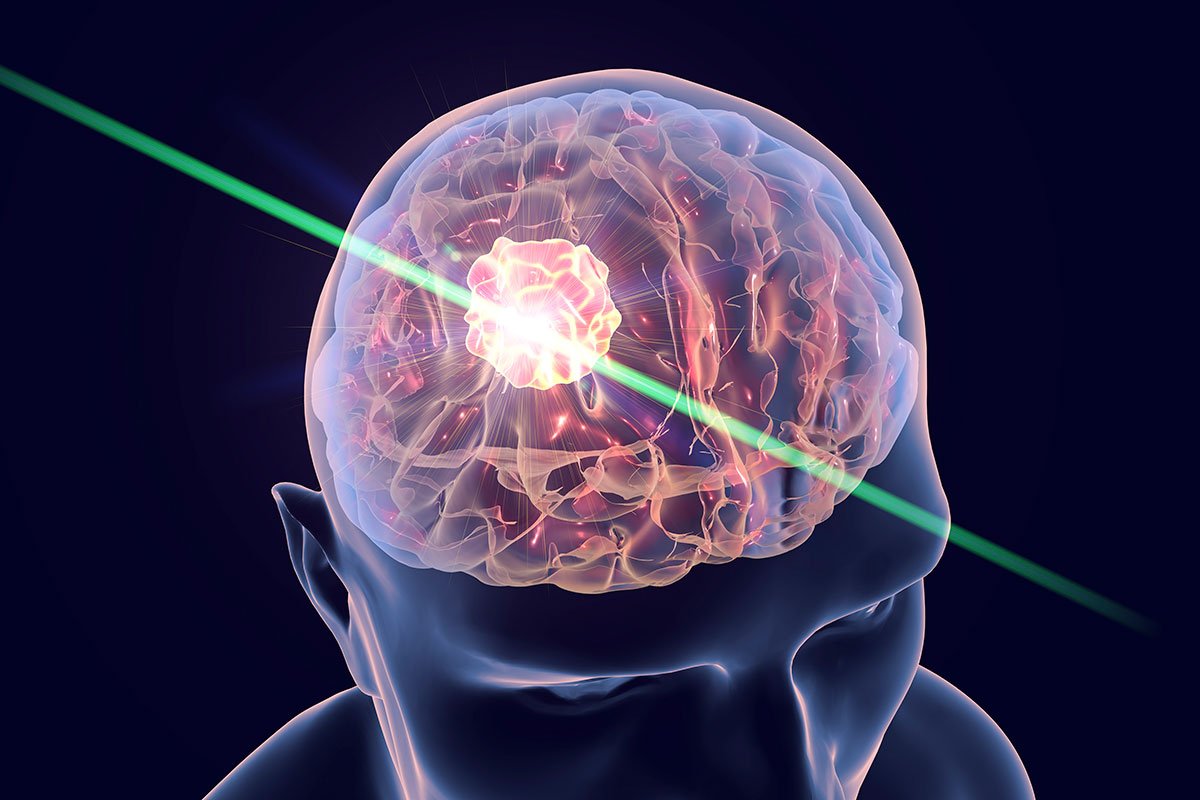What is Brain Tumor?

A brain tumor is an abnormal mass of cells that grows in or around the brain. These tumors can either originate within the brain itself (primary brain tumors) or spread to the brain from cancers elsewhere in the body (secondary or metastatic brain tumors). Brain tumors can vary widely in their behavior, from benign (non-cancerous) tumors that grow slowly and may not spread, to malignant (cancerous) tumors that grow aggressively and invade surrounding brain tissue. Primary brain tumors develop from the cells that make up the brain and its structures, such as the meninges (the protective membranes around the brain), blood vessels, or nerves.
Common types include gliomas, which arise from the glial cells, and meningiomas, which develop in the meninges. Secondary brain tumors occur when cancer cells from another part of the body, such as the lungs or breasts, travel to the brain. These metastatic tumors are more common than primary brain tumors in adults.
Symptoms of a brain tumor depend on the tumor's size, type, and location. As the tumor grows, it can cause pressure on the brain or interfere with normal brain function, leading to a range of neurological issues. Common symptoms include persistent headaches, seizures, memory problems, changes in personality, and difficulties with coordination or movement. Diagnosis typically involves imaging tests like MRI or CT scans, followed by a biopsy if necessary.
Treatment for brain tumors can involve a combination of surgery, radiation therapy, chemotherapy, and newer therapies like targeted treatments and immunotherapy. The approach depends on the type of tumor, its location, and the patient’s overall health. Some tumors are curable with surgery alone, while others may require long-term management.